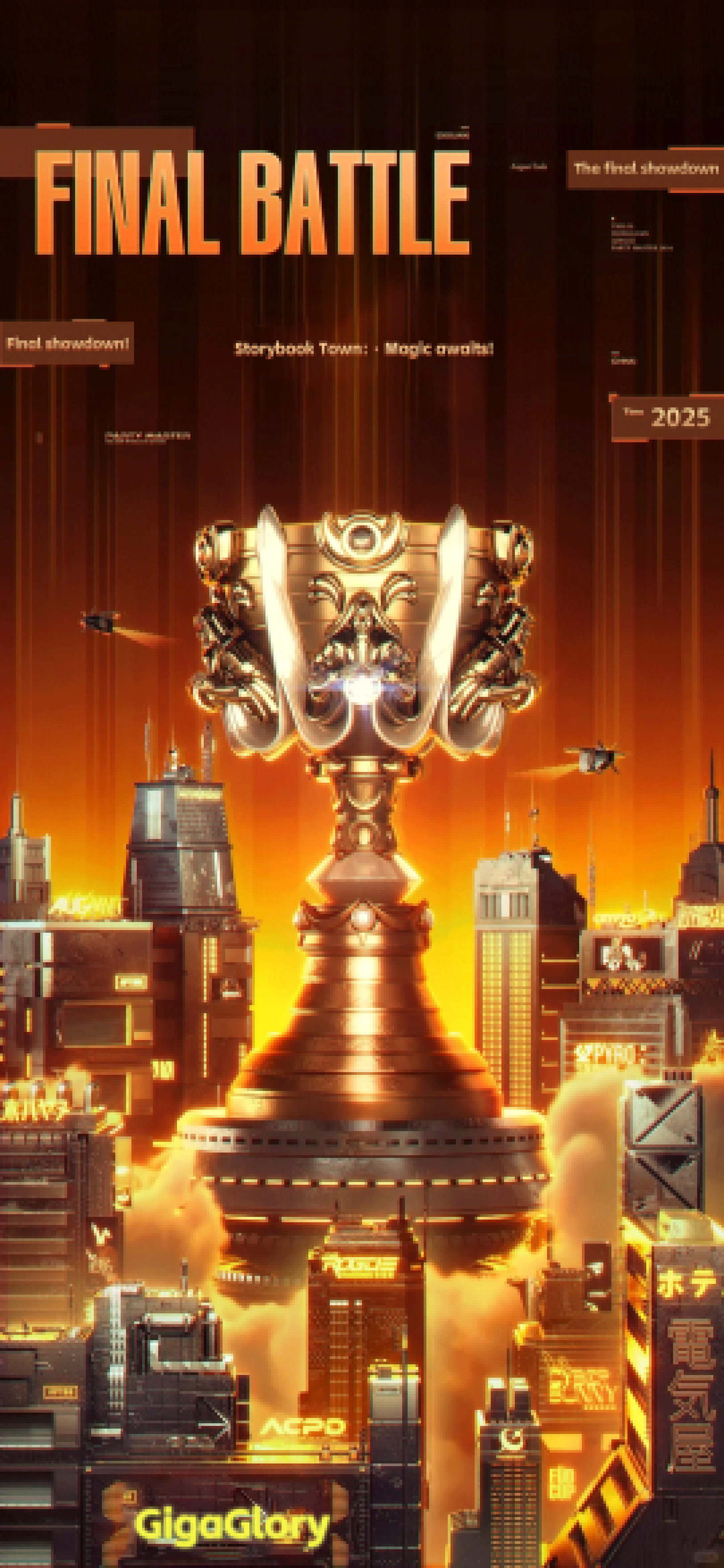Building Games for Learning: How Educational Games Enhance Skills and Creativity
In recent years, there has been a surge in interest surrounding building games and their potential as educational games. These interactive tools provide not just entertainment, but also help develop critical skills and creativity in players. In this article, we will explore how these games can enhance learning experiences and the benefits they offer.
What Are Educational Building Games?
Educational building games are designed to blend enjoyment with learning. They often incorporate elements like problem-solving, creativity, and resource management. Notable examples include:
- Minecraft: Encourages creativity through building and storytelling.
- LEGO Video Games: Features iconic characters, teaching teamwork and imagination (e.g., Last Jedi Star Wars LEGO Game).
- Roblox: Allows players to create their games, fostering coding and game design skills.
Benefits of Using Games for Learning
The implementation of educational games in learning environments has shown numerous advantages. Here are some key benefits:
| Benefit | Description |
|---|---|
| Enhanced Engagement | Games captivate users, making learning enjoyable. |
| Skill Development | Players sharpen skills like logic, teamwork, and decision-making. |
| Creativity Boost | Opens avenues for imaginative thinking and innovation. |
| Feedback and Improvement | Players receive immediate feedback, allowing them to learn from mistakes. |
Building Creative Skills Through Play
Games like LEGO and Minecraft also encourage players to think creatively. In these settings, users build structures, creating stories that enhance their narrative skills while developing spatial awareness. As players engage in both collaboration and competition, they learn important life skills.
How Can Parents and Educators Get Involved?
Parents and educators play a crucial role in integrating building games into learning experiences. Here are some strategies to consider:
- Select Appropriate Games: Choose games that align with educational goals.
- Encourage Collaboration: Promote shared gaming experiences for social learning.
- Set Learning Outcomes: Define what skills or knowledge should be gained.
By implementing these strategies, adults can maximize the benefits of educational games and support skill development in children and students alike.
Conclusion
In conclusion, building games serve as powerful tools in enhancing skills and creativity through engaging experiences. As the digital landscape continues to evolve, the role of educational games in learning environments becomes ever more significant. Embracing these innovative approaches can lead to exciting opportunities for skill enhancement and creative exploration in today’s learners.



